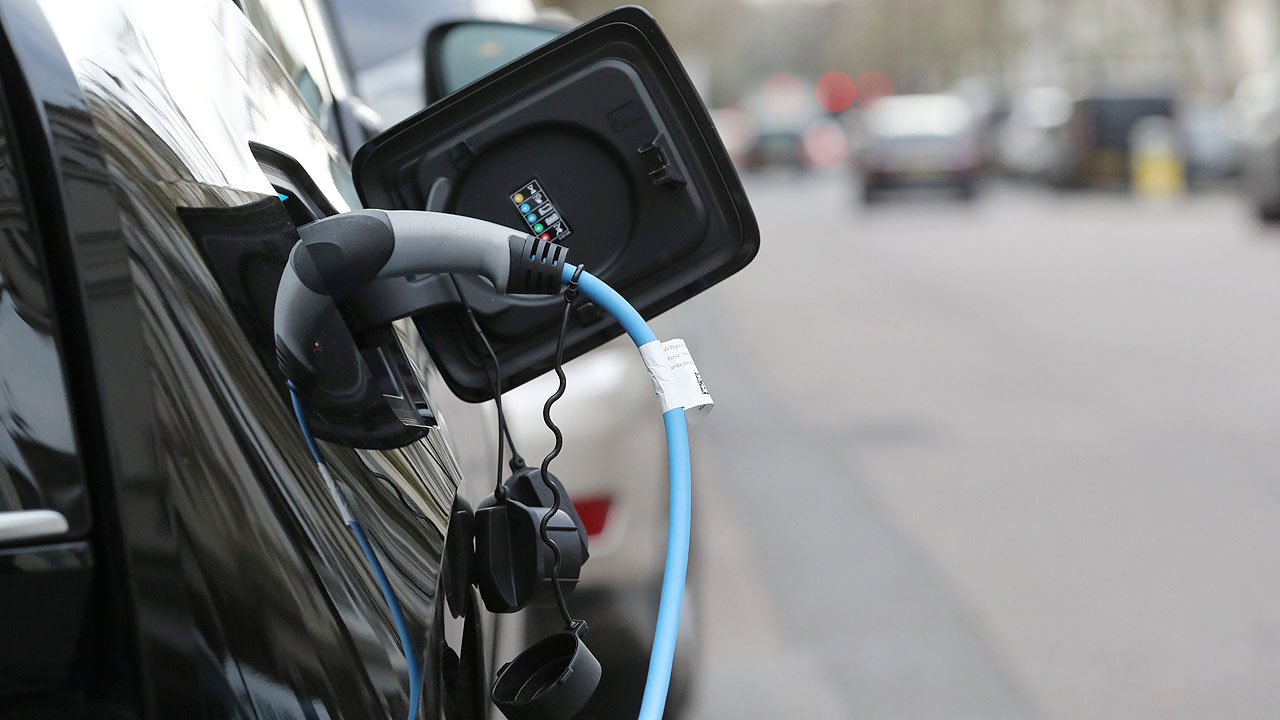EV industry group seeks exemption from Customs import assessment

THE Electric Vehicle Association of the Philippines (EVAP) said it requested an exemption for its members from going through the Bureau of Customs’ (BoC) Import Assessment System.
“This initiative aims to streamline the clearance process, making it more efficient for EVAP members. Subject to the usual post-clearance audit process,” EVAP said in a statement.
The Import Assessment System typically applies to vehicle imports, but EVAP is applying for pre-approval, the organization’s chairman Rommel T. Juan said in an e-mail.
On Saturday, the electric vehicle (EV) organization met with the BoC to address and clarify policies concerning the importation of electric vehicles.
“The meeting was pivotal in ensuring a seamless and efficient process for importing electric vehicles into the Philippines,” the EV association said.
The BoC was represented by Assistant Commissioner Vincent Philip C. Maronilla.
“The BoC is in the midst of overcoming these initial challenges, as the EV industry is rapidly expanding, thanks to the recent implementation of Electric Vehicle Industry Development Act (EVIDA) law,” Mr. Maronilla said in a statement.
Under the revised implementing rules and regulations of EVIDA, corporate and government vehicle fleets have been set a 5% EV quota and are also required to set aside dedicated EV parking slots and install charging stations.
“This collaboration aims to pave the way for a smoother and more efficient importation process for electric vehicles, ensuring that this transformative industry continues to flourish in the Philippines,” Mr. Juan added.
In May, EVAP expressed its support for the removal of import tariffs on two-wheeled electric vehicles.
It said that the removal of tariffs for two-wheelers will help the Philippines achieve its goal of reducing greenhouse gas emissions and improving air quality. — Justine Irish D. Tabile



